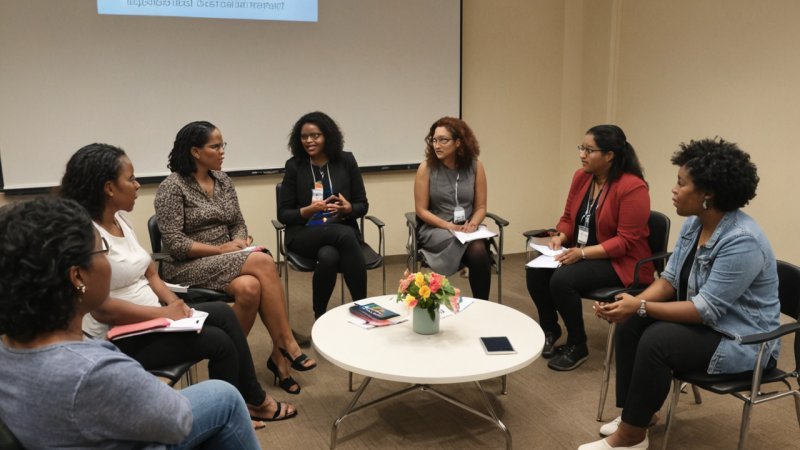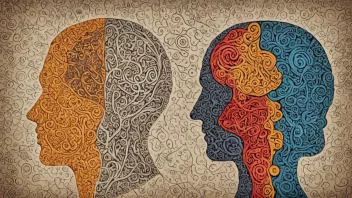Gender studies are increasingly recognized as a vital academic discipline that explores the complexities of gender and its implications for society. This field examines how gender identities are constructed, represented, and lived, providing critical insights into the persistent inequalities that shape our world. In today’s society, where discussions about gender are more prominent than ever, the role of gender studies is crucial in fostering understanding and promoting social change.
One of the fundamental contributions of gender studies is its ability to challenge traditional notions of gender roles. Historically, society has enforced rigid binaries that dictate how men and women should behave, often leading to stereotypes that limit individual potential. Gender studies interrogate these norms, advocating for a more fluid understanding of gender that recognizes the spectrum of identities beyond just male and female. This shift in perspective is essential for promoting acceptance of diverse gender expressions and identities.
The impact of gender studies is particularly evident in the fight for gender equality. Research within this field highlights the systemic barriers that contribute to gender-based discrimination. For example, studies show that women and marginalized genders often face significant obstacles in accessing education and employment opportunities. By examining these inequities, gender studies inform advocacy efforts aimed at creating policies that promote equal rights and opportunities for all individuals, regardless of gender.
Moreover, gender studies play a critical role in addressing issues related to violence and harassment. By analyzing the socio-cultural factors that contribute to gender-based violence, researchers in this field can develop effective prevention strategies and support systems. Gender studies emphasize the importance of consent, respect, and healthy relationships, fostering a culture that prioritizes safety and equality.
In addition to highlighting inequalities, gender studies also celebrate the contributions of diverse gender identities to society. The voices and experiences of LGBTQ+ individuals, for instance, are often marginalized in mainstream narratives. Gender studies work to amplify these voices, showcasing the richness and diversity of human experience. This representation is vital for fostering a sense of belonging and validation for those who may feel excluded or misunderstood.
The insights gained from gender studies also extend to various professional fields, including education, healthcare, and public policy. In education, incorporating gender studies into curricula encourages students to engage critically with issues of power and privilege. This educational approach fosters empathy and prepares future generations to advocate for social justice.
In healthcare, gender studies inform practices that recognize the unique health needs of individuals across the gender spectrum. For instance, understanding the different health risks faced by transgender individuals can lead to more inclusive and effective healthcare services. Similarly, gender studies contribute to public policy by providing evidence-based recommendations that promote gender equity in various sectors.
In conclusion, gender studies play a pivotal role in shaping contemporary society. By analyzing and challenging traditional gender norms, advocating for equality, and amplifying diverse voices, this field drives social change and fosters a deeper understanding of the intricacies of gender. As discussions around gender continue to evolve, the contributions of gender studies will remain essential in creating a more just and equitable world.
Gender Studies: Catalyst for Social Change Today
Gender studies are increasingly recognized as a vital academic discipline that explores the complexities of gender and its implications for society, challenging traditional notions and advocating for social change.






